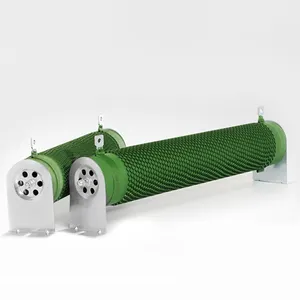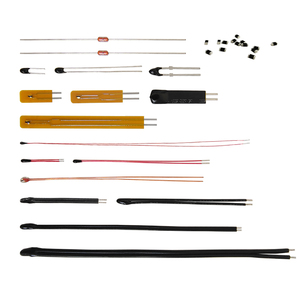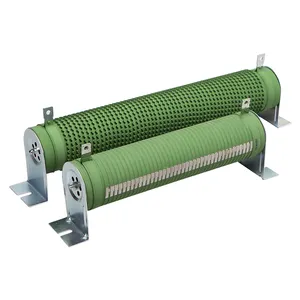Understanding 200W Wirewound Resistors
Wirewound resistors are a specific type of resistor known for their reliability and precision. The 200W wirewound resistors category encompasses components designed to handle a substantial power load while maintaining resistance accuracy. These resistors are constructed by winding a metal wire around an insulating core, a design that allows for efficient heat dissipation and stable performance under various electrical conditions.
Types and Configurations
There are several types of wirewound resistors, including precision, power, and potentiometer wirewound resistors. The 200W rating indicates the power-handling capability of the resistor, making it suitable for high-power applications. These resistors come in different configurations, such as axial and radial, to fit various circuit designs.
Applications of 200W Wirewound Resistors
The application of 200W wirewound resistors is extensive and varied. They are commonly used in industrial equipment, power supplies, and audio applications where high power and precision are required. Their robust design also makes them ideal for harsh environments where they might be subjected to high temperatures or vibrations.
Features and Materials
The features of wirewound resistors include a wide resistance range, high power rating, and low temperature coefficient. The materials used in manufacturing these resistors, such as copper-nickel alloys or nickel-chrome, are chosen for their resistance to corrosion, thermal conductivity, and stability.
Advantages of Using 200W Wirewound Resistors
The advantages of using 200W wirewound resistors include their ability to withstand high temperatures, provide high precision, and offer a long service life. Their construction allows for minimal inductance and capacitance, which is crucial for specific electronic applications.
Selection Considerations
When selecting a 200W wirewound resistor, it is essential to consider factors such as the required resistance value, tolerance, and the physical size to ensure compatibility with the intended application. It is also vital to consider the environmental conditions the resistor will operate in, such as temperature extremes and potential exposure to corrosive substances.




































 浙公网安备 33010002000092号
浙公网安备 33010002000092号 浙B2-20120091-4
浙B2-20120091-4